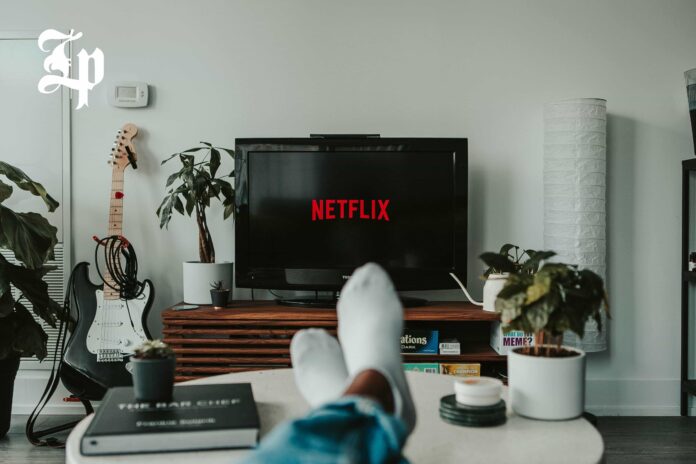Sharing Netflix password? You might not be able to do this anymore. Your binge-watching medium, long-term internet bestie is now planning to introduce a new feature. This might be bad news, especially for those who share Netflix passwords with multiple viewers.
The freeloaders would ask for passwords from those family members or friends who pay for the streaming service and enjoy the same features as the actual user of that account, threatening someone’s privacy and putting the user’s personal information in danger. A moment comes when the password sharing circle gets so vast that the user is unsure of the people using their account. In case you are casually taking this matter, you really should not because password sharing for the sake of acquaintance is not worth your privacy.
For this reason, the streaming application will soon be making account owners enter two-factor codes in a brief test. Also, some of the users are already started seeing a message prompt that says, “If you don’t live with the owner of this account, you need your own account to keep watching.” Following the message, there is an option to get a code emailed or texted to the account owner, which you can enter to continue watching your favorite show. No doubt, it might be a bit annoying for both the user and the beneficiary but in the longer run, it is for the safety of the customer.

A source from Netflix said that the streaming website is still considering the feature just a trial basis and is not yet confirmed to be a permanent scrutiny feature in order to curtail the password sharing and the privacy issues caused by it.
Netflix’s terms of service openly state that “for your personal and non-commercial use only and may not be shared with individuals beyond your household.”. This means that apart from the members living under the same roof, cannot share the passwords with their family or friends who live somewhere else, or else they will face consequences.
A researcher at internet infrastructure company Akamai says,
“Because I shared my password with you, and you got hacked, that criminal now has my password. And if I have used that password anywhere else on the internet, the criminal’s going to find it, and they are going to have access to that, too. It spreads. It’s a compounding issue.”
“There would be some immediate negative impact in terms of churn. But it is quite easy to see how some of that impact would cancel out in terms of potential uptake from certain customers who were affected,” CFRA Analyst Tuna Amobi told Yahoo! Finance.
We are still not sure of whether this will be a permanent solution to the privacy breaching act but it is a good attempt in order to protect the user’s personal information.
Learn More About: News













